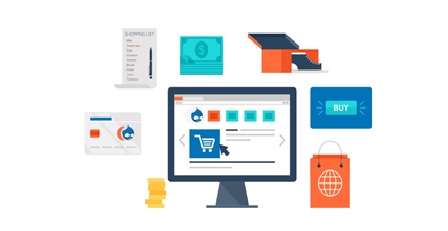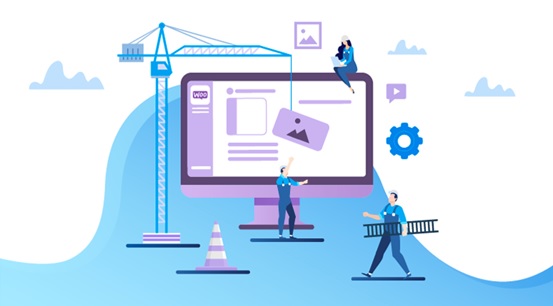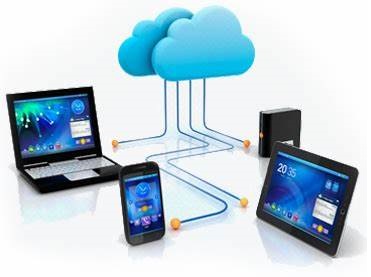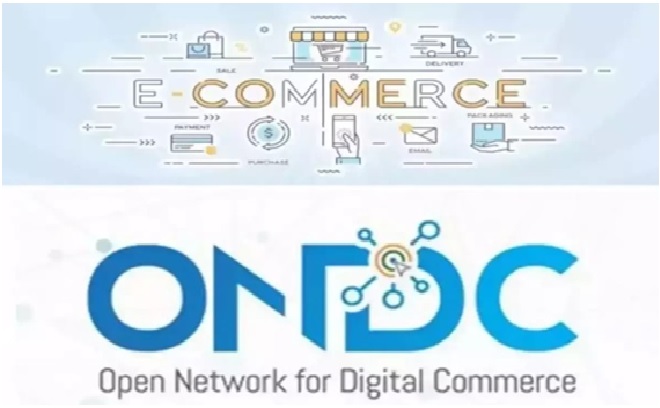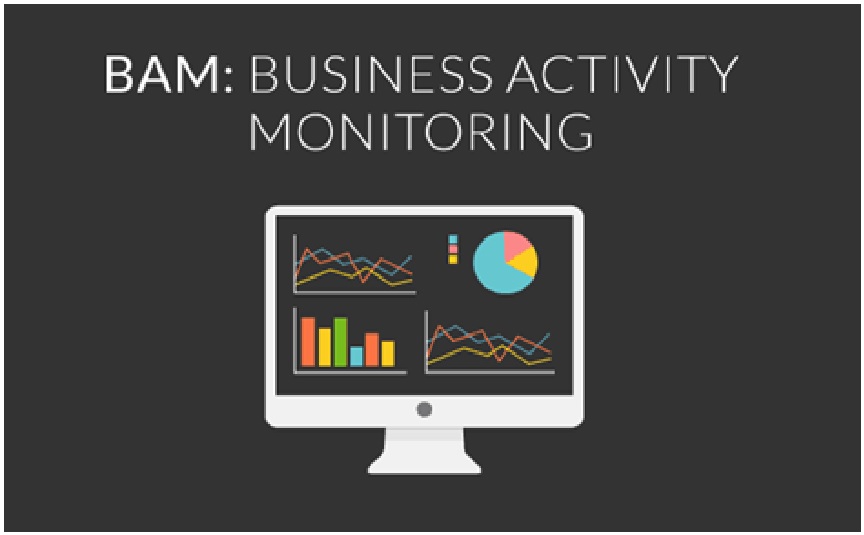The Features of Shopify eCommerce Platform
Shopify is one of the e-commerce platforms that allows you to create online shopping websites that integrate with social networking, post products, shopping cart and payment features, order processing, all integrated with Shopify.
With its user-friendly interface, professional design, and ease of use, Shopify is accelerating to 1 million users in 2019. Shopify was established in 2006 by Tobias Lutke, Daniel Weinand, and Scott Lake. [1] At first, three founders started their website called Snowdevil, which sells snowboarding equipment. But Tobias, who is a programmer, is disappointed in the existing e-commerce solution at that time. He decided to build his own, which is the story of the birth of Shopify.
Unlike other platforms like Magento or OpenCart, they require knowledge of websites, hosting, or HTML to work. Shopify is explicitly designed for beginners with websites and e-commerce. Figure 1 shows the Shopify Features. Shopify is a completed e-commerce platform that allows you to start your online business, grow and manage it.
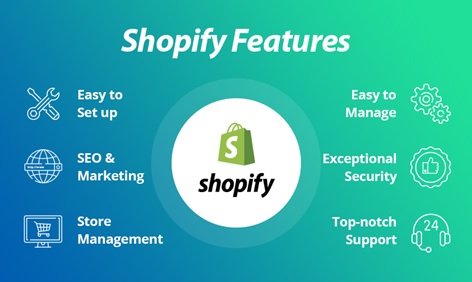
Figure 1. The Shopify Features
Create and customize your online store
By signing up on the website of Shopify with a simple process, you will have a 90 days free trial to test before deciding the genuine purchase. [2] Shopify offers you a comprehensive e-commerce web builder completed with hundreds of templates ready to apply to your site in just a few clicks. Shop owners can customize all Shopify with text, logo, images, and video to complement your brand’s look.
Manage your product, inventory, shipping as well as payments
You can configure in the admin interface to add products, change the product images, update price, inventory stock, and test your website before launching to ensure that both desktop and mobile are ready for public view.
Shopify works with more than 70 payment gateways and checkouts in more than 50 languages, which makes it easy to sell products anywhere in the world. Shopify is a cloud-based and hosted platform. It means that you do not have to care about maintaining the upgrading of the software or the servers.
Below you’ll find the different products or services that you can sell on Shopify. Even if you know what you’re selling already, [3] it may give you some ideas for other services you could sell to grow your business.
Physical products: A physical product could be something you make by hand, something you have manufactured, or something you dropship to customers. Examples include jewelry, bath bombs, t-shirts, gift boxes, beef jerky, or pins to name a few.
Digital products: This could include ebooks, email templates, audio downloads, Lightroom presets for photographers, e-courses, or clothing patterns.
Services and consultations: Whether you’re an interior designer, dentist or a life coach, your customers can book online and sell online or in-person consultations.
Memberships: If you want to sell subscription boxes or if you’re a yoga studio owner you can use Shopify to sell your memberships and create member-only access to your content on your website.
Ticketed experiences: Experience-based businesses can range from travel and adventure to wine tastings and hands-on workshops. If you’re an artist or running a networking event, you can use Shopify to sell those tickets.
Classes and lessons: Customers can purchase, rent, and book lessons from you all through the online store.
Rentals: Rental businesses are technically service-based, even though a physical product is involved. So if you’d like to rent dresses or props, for example, you can use the Shopify platform.
References:
- https://www.mageplaza.com/blog/what-is-shopify.html
- https://www.shopify.in/blog/what-is-shopify
- https://www.clariontech.com/blog/why-shopify-is-the-best-ecommerce-platform
Cite this article:
Vinotha D (2021), The Features of Shopify eCommerce Platform, AnaTechMaz, pp. 18


